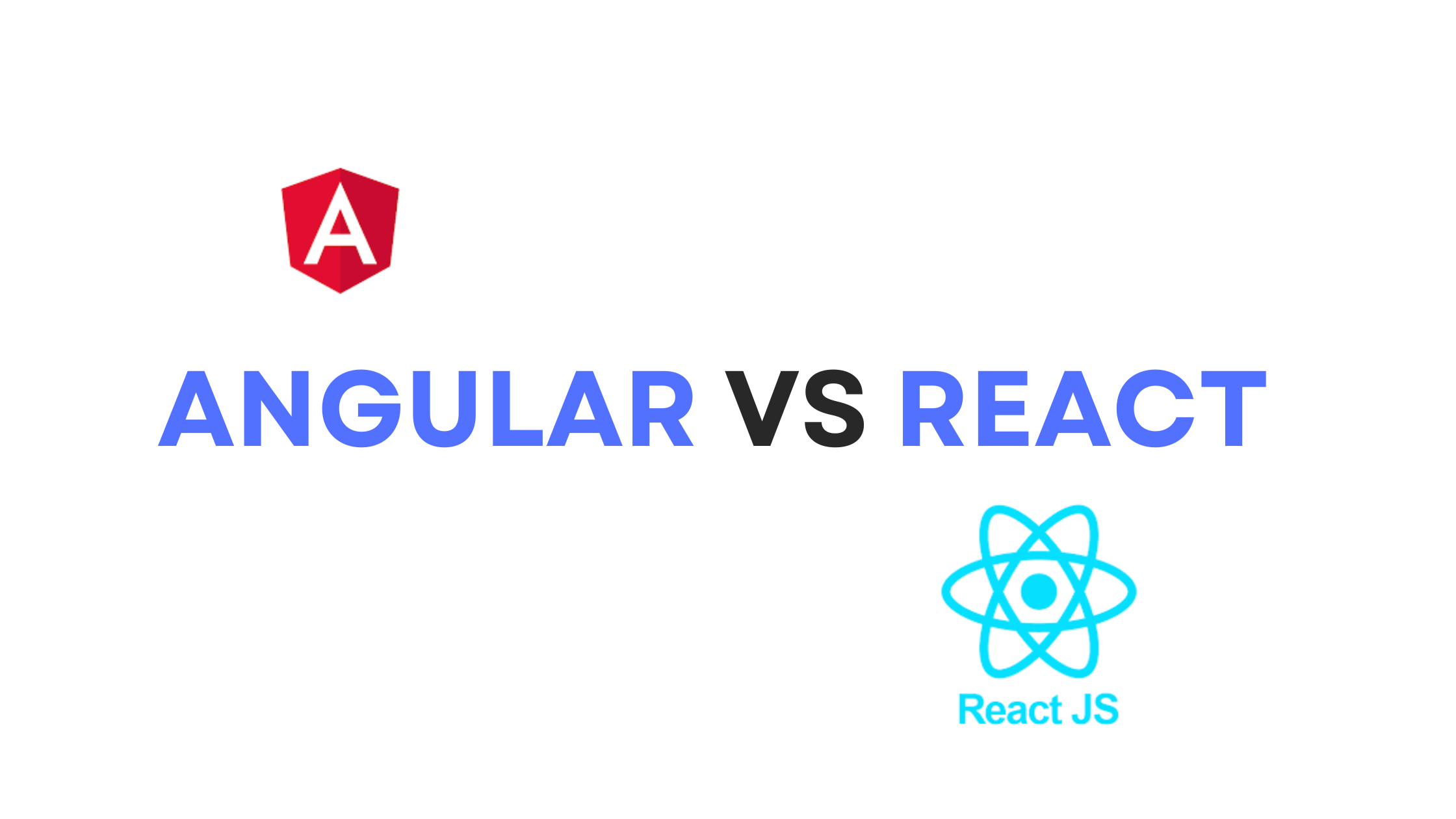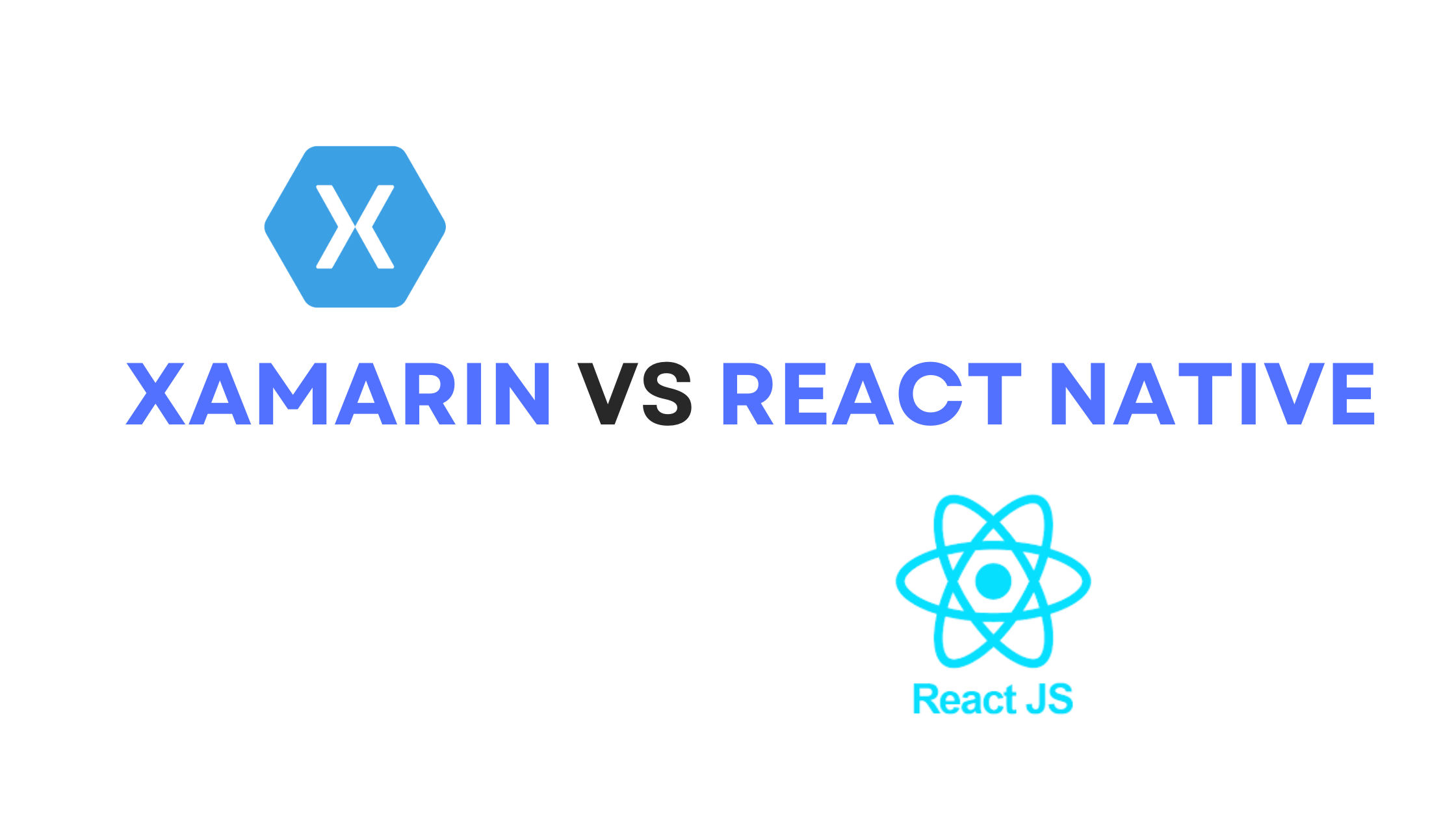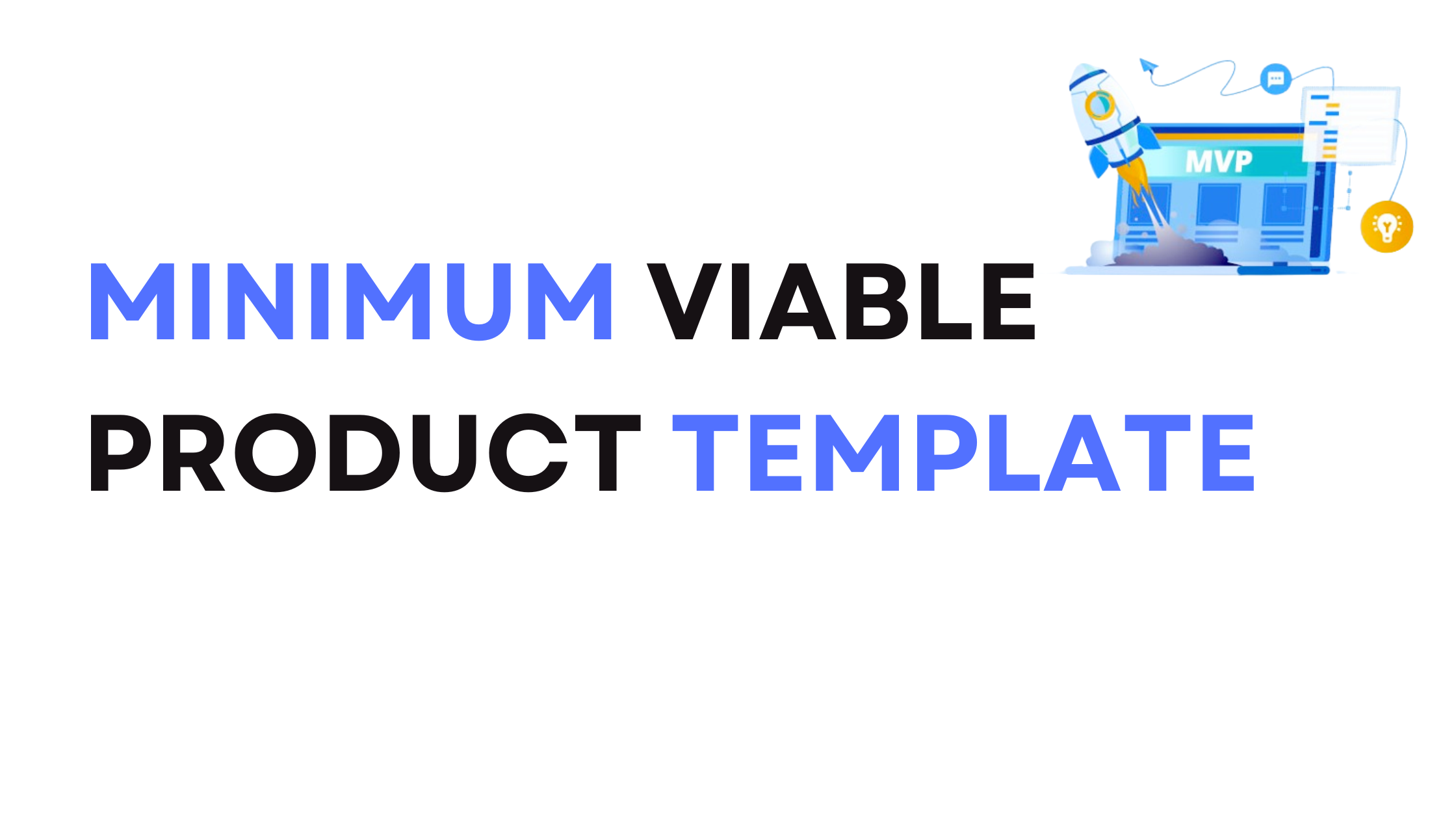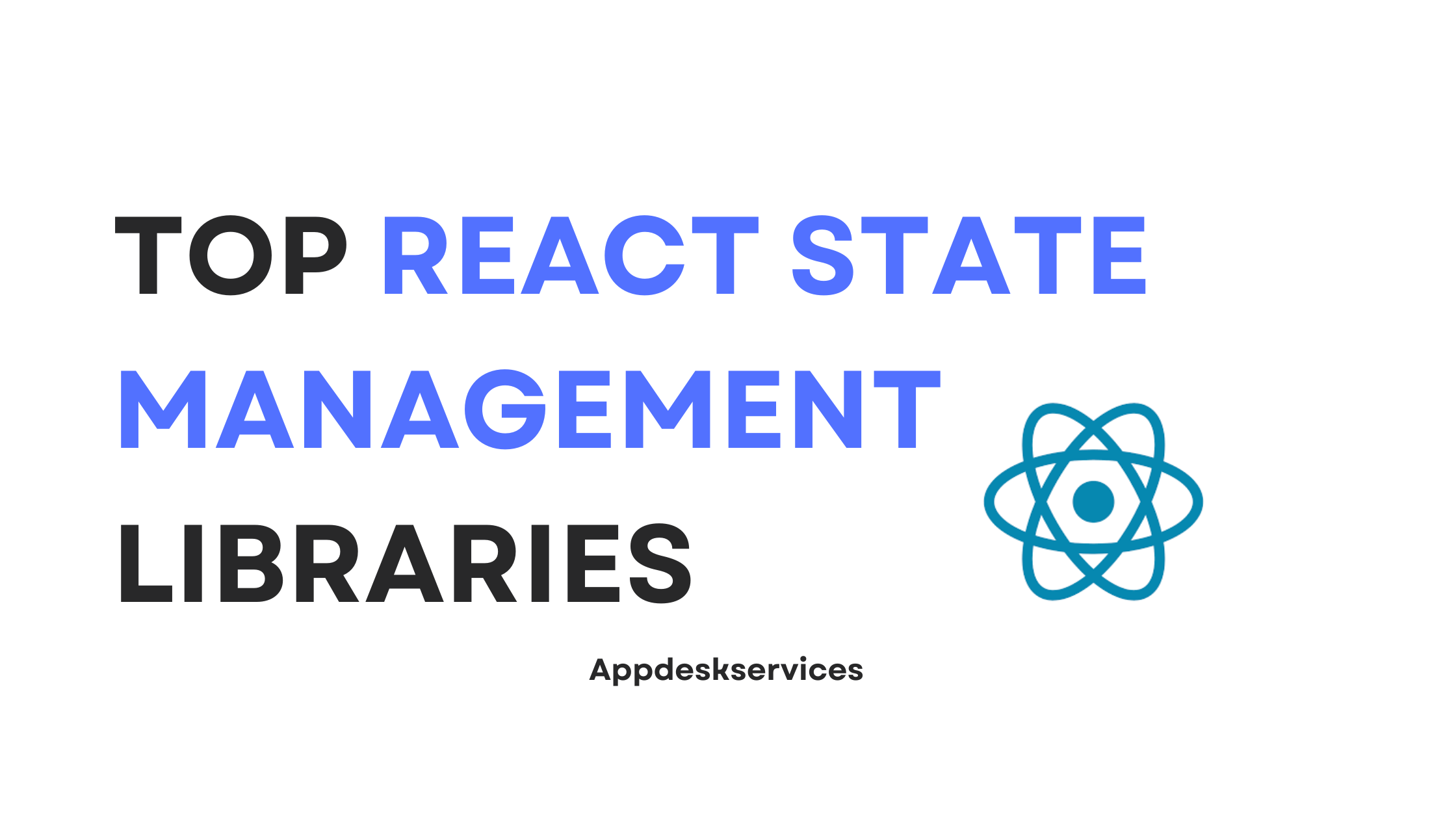In the rapidly evolving landscape of mobile application development, AppSheet has carved out a niche for itself, offering an intuitive platform for creating dynamic apps without deep coding knowledge. However, as businesses grow and their needs diversify, the search for AppSheet alternatives that can offer more tailored or advanced functionalities becomes inevitable. Whether you’re looking for enhanced customization, broader integration capabilities, or more robust data management features, the market is brimming with potential. Here, we delve into the top 5 AppSheet alternatives for 2024, each with its unique strengths and offerings.
List of appdesheet altenavties
- Kissflow
- outsystems
- microsoft power apps
- zoho creator
- bubble
What is Appsheet ?
AppSheet is a no-code development platform that enables users to create mobile and web applications directly from data sources like Google Sheets, Excel, and various cloud-based databases, without requiring any programming skills. It provides a user-friendly interface that lets users design and launch custom apps by simply defining the logic for how the data should be displayed and interacted with.
Top 5 Appsheet alternatives
1. Kissflow

Kissflow positions itself as a comprehensive work management solution, designed to empower enterprises in their digital transformation journeys. By adopting a unified platform approach, Kissflow integrates various aspects of work management, from project tracking to process automation, into a single seamless experience. It stands out in the market by leveraging the low-code/no-code paradigm, making it accessible for users across the enterprise spectrum to build, deploy, and manage applications efficiently. This approach not only democratizes app development within organizations but also significantly speeds up the digitalization process, making it a valuable tool for businesses looking to streamline operations and enhance productivity.
Features of Kissflow
- User-Friendly Interface: Kissflow is celebrated for its intuitive design, enabling users with little to no coding knowledge to easily navigate and utilize the platform for app development and workflow management.
- High Customizability: The platform offers extensive customization options, allowing businesses to tailor applications and workflows to fit their unique requirements. This flexibility ensures that processes can be precisely aligned with organizational goals and user needs.
- Scalability: One of Kissflow’s key strengths is its scalability, capable of supporting businesses as they grow. Whether for small teams or enterprise-wide deployments, Kissflow can handle increased workloads and complex processes without compromising performance.
- Unified Work Management: Kissflow integrates various work management tools into a single platform, including project management, process automation, and case management, facilitating a more organized and efficient work environment.
- Low-Code/No-Code Development: Emphasizing ease of use, Kissflow allows users to create apps and automate workflows without needing extensive programming knowledge, significantly lowering the barrier to digital transformation initiatives.
Pricing of Kissflow
Kissflow’s pricing details are typically tailored to the specific needs of the business, considering factors like the number of users, required features, and the level of support needed. This customized pricing approach ensures that companies only pay for what they need, making it a cost-effective solution for organizations of all sizes. For exact pricing, prospective customers are encouraged to contact Kissflow directly or visit their website to request a quote or a demo. This flexibility in pricing, combined with its powerful features, makes Kissflow a competitive option for businesses seeking to enhance their operational efficiency and embrace digital transformation.
2. OutSystems: Speed and Scalability

OutSystems is renowned for its ability to facilitate rapid application development, deployment, and management. It offers a full-stack platform that caters to the needs of large enterprises and SMEs alike, focusing on speed without compromising scalability or security.
Key Features:
- High-speed development with full-stack capabilities.
- Strong security measures and scalability options.
- Extensive integration features with existing systems and APIs.
Pricing:
OutSystems provides a free environment for personal or small projects, with enterprise pricing available upon request, tailored to organizational needs.
3. Microsoft Power Apps: Seamless Integration

As part of Microsoft’s Power Platform, Power Apps is a formidable force in the low-code development space, especially for businesses already entrenched in the Microsoft ecosystem. It offers seamless integration with other Microsoft products, enhancing productivity and data coherence
Key Features:
- Deep integration with Microsoft 365, Dynamics 365, and Azure.
- Pre-built templates and drag-and-drop functionality.
- AI-builder and mixed reality capabilities for advanced app development.
Pricing:
Power Apps’ pricing is competitive, with plans starting from $10 per user/month, offering value for businesses deeply integrated with Microsoft services.
4. Zoho Creator: The Business Automator

Zoho Creator is an excellent choice for SMEs looking to automate their business processes and develop custom apps. Its drag-and-drop interface and a wide array of integrative features make it a strong contender for businesses prioritizing ease of use and automation.
Key Features:
- Easy-to-use drag-and-drop interface.
- Strong suite of automation tools for business processes.
- Comprehensive analytics and reporting tools for data-driven decisions.
Pricing:
With plans starting at $10 per user/month, Zoho Creator provides an affordable entry point for businesses looking to dip their toes into app development and automation.
5. Bubble: The No-Code Pioneer

Bubble is reshaping the app development landscape by offering a powerful no-code platform that enables non-technical users to create web and mobile apps from scratch. It’s particularly suited for startups and entrepreneurs eager to bring their app ideas to life quickly.
Key Features:
- A completely no-code environment, making app development accessible to everyone.
- Flexible design and functionality options without needing to understand coding.
- A vibrant community and marketplace for plugins and templates.
Pricing:
Bubble’s pricing model is startup-friendly, with a free plan available and paid plans starting at $25 per month, making it an accessible option for those on a tight budget.
In conclusion, while AppSheet has undeniably made its mark on the low-code/no-code development platform industry, the alternatives highlighted above offer a range of features, pricing models, and development environments suited to various business needs and skill levels. Whether you’re a large enterprise, a small business, or an individual with an innovative app idea, exploring these alternatives could uncover the perfect tool to bring your vision to life.













